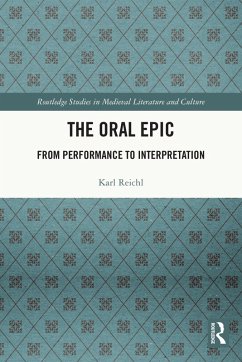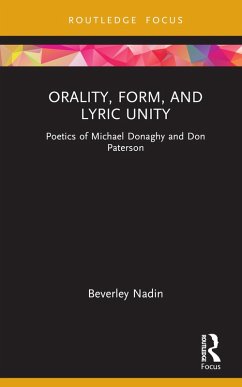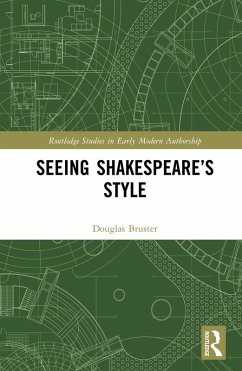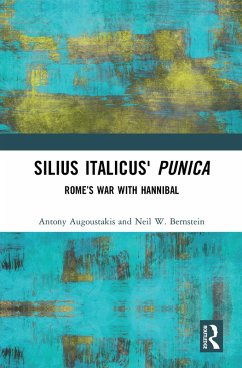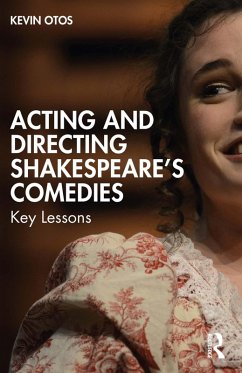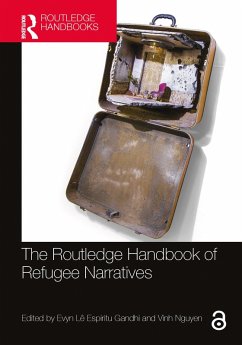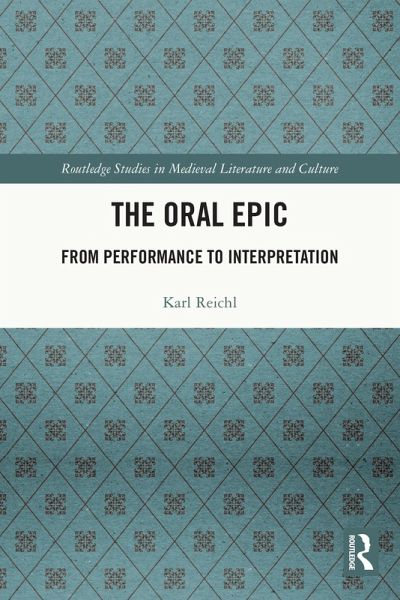
The Oral Epic (eBook, PDF)
From Performance to Interpretation
Versandkostenfrei!
Sofort per Download lieferbar
42,95 €
inkl. MwSt.
Weitere Ausgaben:

PAYBACK Punkte
21 °P sammeln!
This book focuses on the performance of oral epics and explores the significance of performance features for the interpretation of epic poetry.The leading question of the book is how the socio-cultural context of performance and the various performance elements contribute to the meaning of oral epics. This is a question which not only concerns epics collected from living oral tradition, but which is also of importance for the understanding of the epics of antiquity and the Middle Ages which originated and flourished in an oral milieu.The book is based on fieldwork in the still vibrant oral tra...
This book focuses on the performance of oral epics and explores the significance of performance features for the interpretation of epic poetry.
The leading question of the book is how the socio-cultural context of performance and the various performance elements contribute to the meaning of oral epics. This is a question which not only concerns epics collected from living oral tradition, but which is also of importance for the understanding of the epics of antiquity and the Middle Ages which originated and flourished in an oral milieu.
The book is based on fieldwork in the still vibrant oral traditions of the Turkic peoples of Central Asia and Siberia. The discussion combines fieldwork with theory; it is not limited to Turkic epics but branches out into other oral traditions.
The leading question of the book is how the socio-cultural context of performance and the various performance elements contribute to the meaning of oral epics. This is a question which not only concerns epics collected from living oral tradition, but which is also of importance for the understanding of the epics of antiquity and the Middle Ages which originated and flourished in an oral milieu.
The book is based on fieldwork in the still vibrant oral traditions of the Turkic peoples of Central Asia and Siberia. The discussion combines fieldwork with theory; it is not limited to Turkic epics but branches out into other oral traditions.
Dieser Download kann aus rechtlichen Gründen nur mit Rechnungsadresse in A, B, BG, CY, CZ, D, DK, EW, E, FIN, F, GR, HR, H, IRL, I, LT, L, LR, M, NL, PL, P, R, S, SLO, SK ausgeliefert werden.




